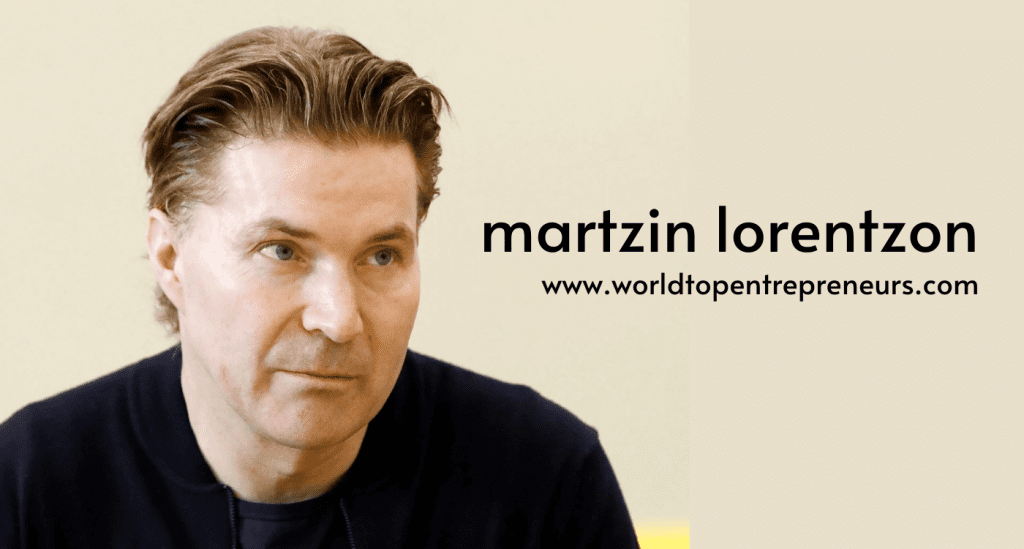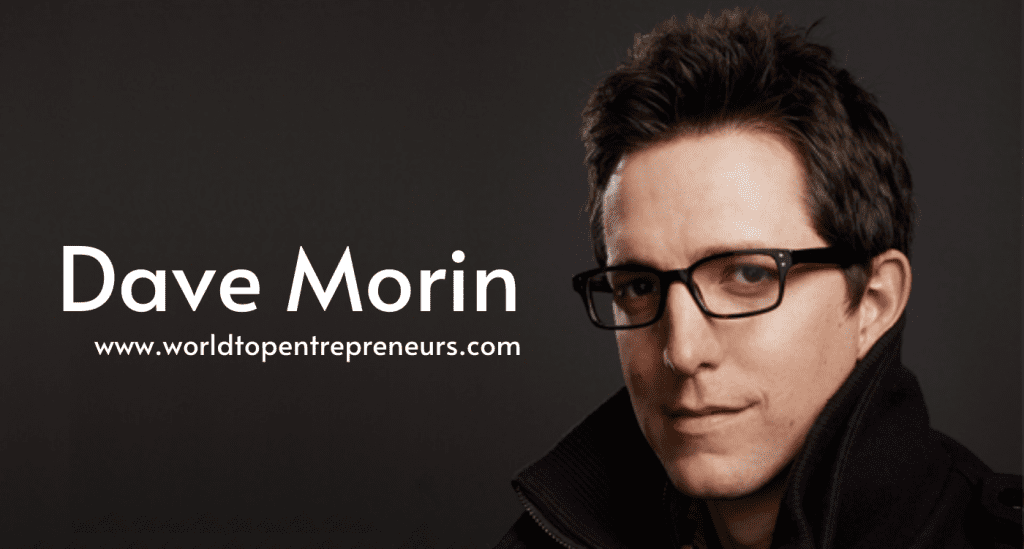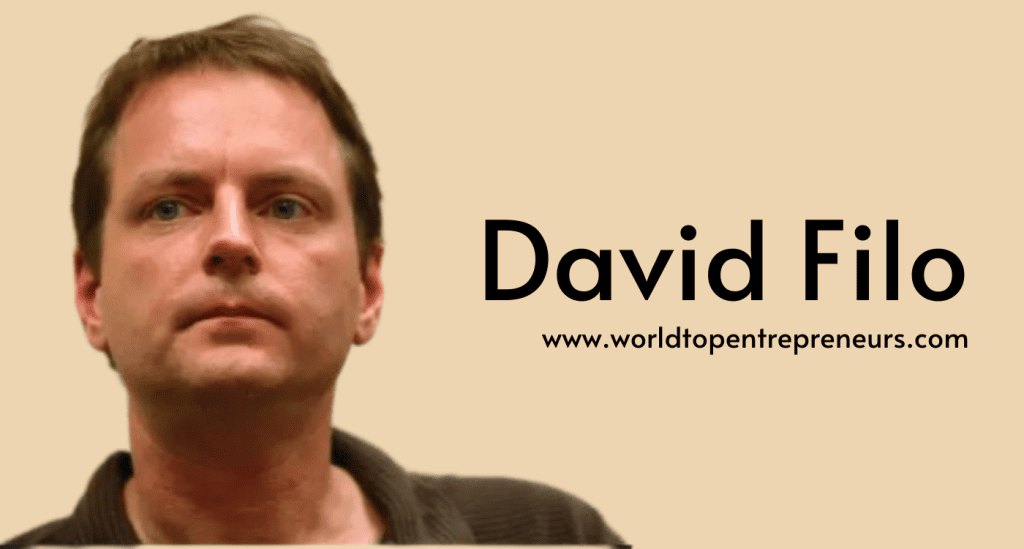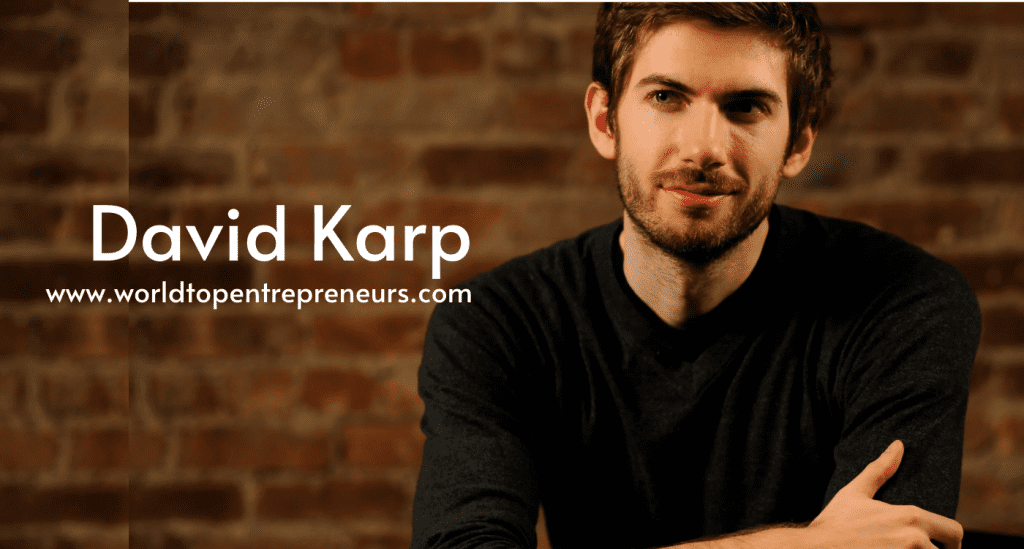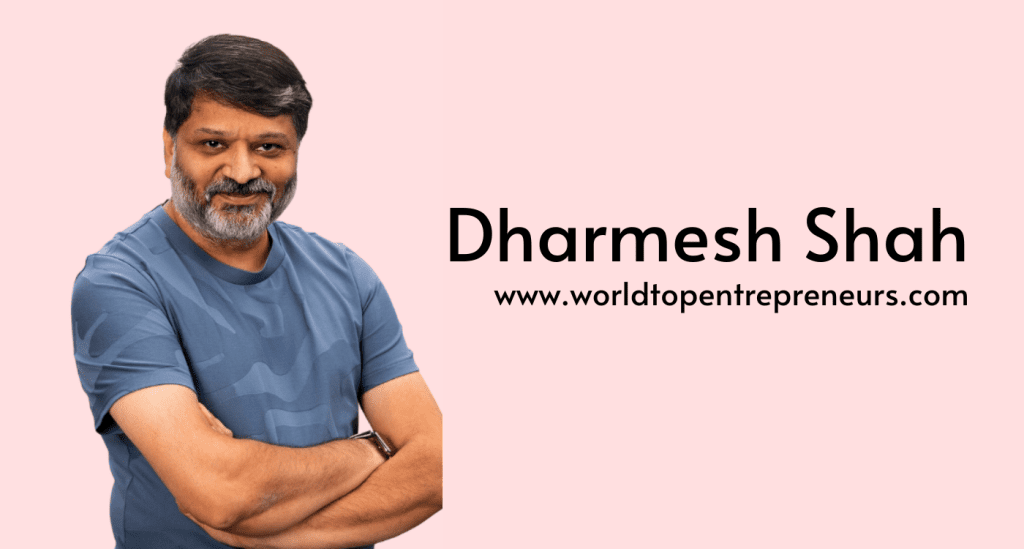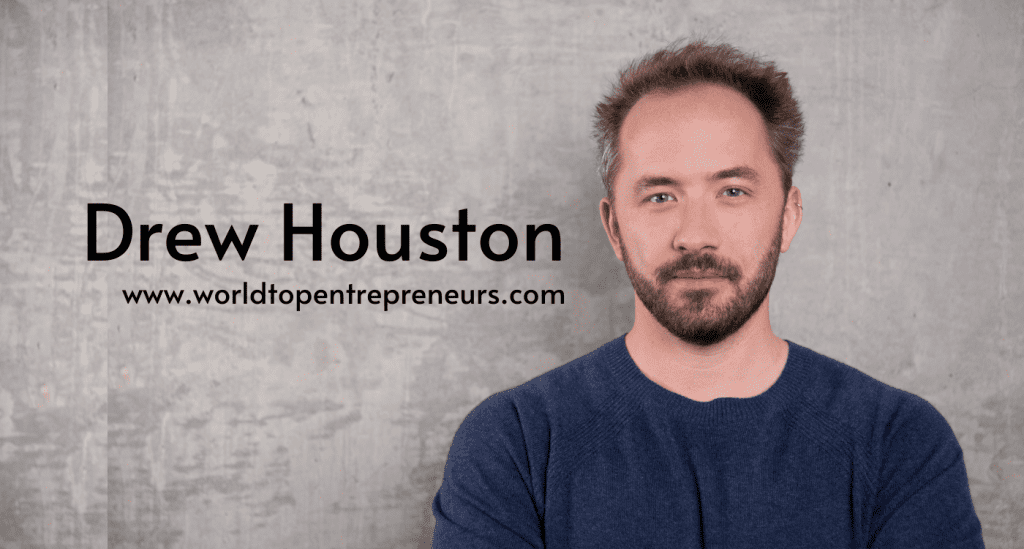When we think of the streaming revolution in music, Martin Lorentzon is a name that stands out as one of the visionaries who made it happen. As the co-founder of Spotify, Lorentzon played a pivotal role in transforming the music industry by offering a legal, user-friendly alternative to music piracy, forever changing the way people listen to music. While often more low-key compared to his Spotify co-founder Daniel Ek, Lorentzon’s contributions to Spotify’s success and the broader tech industry are profound.
Early Life and Career :
Born in 1969 in Borlänge, Sweden, Martin Lorentzon grew up in a middle-class family with a strong emphasis on education and hard work. He developed a fascination with both technology and business at an early age, setting the stage for his future entrepreneurial endeavors.
After completing his studies in industrial economics at the Chalmers University of Technology in Gothenburg, Lorentzon began his career in Sweden’s telecom and tech sectors. He worked at Telia, a Swedish telecommunications company, and later for AltaVista, an early internet search engine. These early professional experiences gave him a deep understanding of both the potential of the internet and the opportunities that digital platforms could create for new business models.
Founding Tradedoubler: Lorentzon’s First Major Success
Before co-founding Spotify, Martin Lorentzon achieved success with another tech company—Tradedoubler. In 1999, he co-founded the company with entrepreneur Felix Hagnö. Tradedoubler was an affiliate marketing and online advertising company that connected advertisers with publishers, helping to drive traffic and sales through digital marketing. The company became one of Europe’s leading players in the online advertising space, with clients including major corporations like Apple and Dell.
Under Lorentzon’s leadership, Tradedoubler became a hugely successful company, growing rapidly across Europe and eventually going public. The company’s success made Lorentzon a wealthy and respected figure in the European tech scene, giving him the financial resources and the network he would later leverage to build Spotify.
It was at Tradedoubler that Lorentzon met Daniel Ek, a young tech-savvy entrepreneur who had also been working in the online advertising space. The two quickly bonded over their shared interest in technology and their frustrations with the way the music industry was dealing with digital piracy.
The Birth of Spotify: A Vision to Change the Music Industry
In the early 2000s, the music industry was in turmoil. Platforms like Napster and Kazaa had made it easy for people to illegally download music, and the industry was losing billions of dollars to piracy. Record labels were struggling to adapt to the new digital world, and consumers were frustrated by the lack of legal, easy-to-use alternatives to music piracy.
It was this environment that inspired Lorentzon and Ek to create Spotify, The idea was simple yet revolutionary: offer a legal streaming service where users could access millions of songs for free (supported by ads) or for a small subscription fee. This would allow users to enjoy music conveniently while ensuring that artists and record labels were compensated fairly.
In 2006, Lorentzon and Ek co-founded Spotify in Stockholm, Sweden. Lorentzon provided much of the initial funding for the company, investing millions from his Tradedoubler earnings. He also used his business experience and connections to help Spotify secure deals with record labels, a crucial step in getting the platform off the ground.
Spotify’s Challenges and Global Growth :
The early years of Spotify were not easy. Lorentzon and Ek faced significant resistance from the music industry, which was wary of the streaming model and hesitant to license music to a new, unproven platform. Negotiating with record labels took years, but Lorentzon’s persistence and business acumen played a key role in finally securing the necessary agreements.
When Spotify officially launched in 2008, it quickly gained traction in Sweden and then expanded to other European markets. The platform’s easy-to-use interface, massive library of music, and innovative freemium model—where users could listen for free with ads or pay for a premium, ad-free experience—won over millions of users.
Lorentzon’s experience with Tradedoubler’s advertising model was critical in developing Spotify’s ad-supported tier, which made it possible for users to access music without paying upfront. This model not only attracted users but also created a new revenue stream for the music industry, helping to win over skeptical record labels.
By 2011, Spotify had expanded into the United States, a critical market for its long-term growth. Today, Spotify has over 550 million users worldwide and is the leading music streaming platform globally, with more than 220 million paid subscribers.
Lorentzon’s Leadership and Vision :
While Daniel Ek has often been the public face of Spotify, Martin Lorentzon’s contributions behind the scenes were equally important. As Chairman of Spotify’s Board from 2008 to 2016, Lorentzon played a strategic role in the company’s expansion and growth. He was a key figure in building the company’s relationships with record labels, advertisers, and investors, using his experience from Tradedoubler to help Spotify navigate complex business challenges.
Lorentzon is known for his relentless work ethic and entrepreneurial mindset. His leadership style is often described as calm and thoughtful, balancing Ek’s more visionary, forward-thinking approach. Lorentzon’s ability to stay focused on the business side of Spotify allowed Ek to concentrate on product development and innovation, creating a dynamic partnership that was critical to Spotify’s success.
In addition to his business acumen, Lorentzon has always believed in putting the user first. He and Ek built Spotify with the idea that user experience should drive the product, focusing on making it easy for people to discover, share, and enjoy music. This user-centric philosophy helped Spotify become the dominant force in music streaming and led to features like personalized playlists (such as Discover Weekly), which have become central to the platform’s appeal.
Stepping Back and New Ventures :
In 2016, Lorentzon stepped down as Chairman of Spotify, handing the role over to Daniel Ek, though he remains on the board and continues to be involved in the company’s strategic decisions. His decision to step back was in part driven by a desire to focus on other ventures and philanthropic efforts.
Lorentzon has since become involved in Swedish entrepreneurship and public policy, using his wealth and influence to support initiatives that encourage innovation and investment in Sweden’s tech ecosystem. He is a vocal advocate for policies that foster entrepreneurship and has worked to ensure that Sweden remains a leading hub for tech startups.
Legacy and Impact :
Martin Lorentzon’s legacy is closely tied to Spotify’s success, but his impact goes beyond the music industry. By co-founding and helping to grow Spotify, Lorentzon played a crucial role in the streaming revolution, which has not only reshaped the music business but also influenced the broader media landscape, paving the way for the growth of platforms like Netflix and YouTube in streaming video content.
Through his work with Tradedoubler and Spotify, Lorentzon has shown how visionary thinking, persistence, and a user-first mentality can disrupt entire industries. He has been a driving force in Sweden’s tech revolution, helping to put the country on the map as a global leader in innovation and entrepreneurship.
Today, Spotify continues to set the standard for music streaming, and Martin Lorentzon’s contributions to its success ensure that his name will be remembered as one of the key figures in the transformation of the global music industry.
Conclusion :
Martin Lorentzon’s entrepreneurial journey is a testament to the power of determination and innovation. From his early success with Tradedoubler to co-founding Spotify and revolutionizing the way the world listens to music, Lorentzon has had a profound impact on the tech and music industries. While he may not seek the spotlight as much as other tech leaders, his role in building one of the world’s most influential companies cannot be overstated. His story serves as an inspiration for aspiring entrepreneurs and a reminder of the incredible potential of visionary thinking and hard work.

